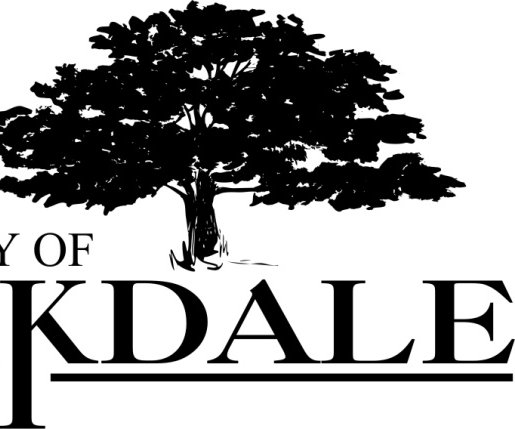California State Treasurer Fiona Ma on March 14 announced the completion of the sale of $2.22 billion of various purpose General Obligation (GO) bonds. The sale included $1.45 billion of GO new money bonds to finance voter approved projects and $769.37 million of GO refunding bonds to refund previously issued GO bonds for debt service savings.
Proceeds of the new money bonds will fund projects under three different bond acts, the Kindergarten through Community College Public Education Facilities Bond Act of 2016, the California Drought, Water, Parks, Climate, Coastal Protection, and Outdoor Access for All Act of 2018, and the Water Quality, Supply, and Infrastructure Improvement Act of 2014. Proceeds of the new money bonds will also be used to paydown certain outstanding commercial paper notes that provided interim financing for projects funded under 14 different bond acts approved by voters between 2000 and 2018.
Proceeds of the refunding bonds will refinance bonds issued in 2012 under eight different bond acts and will save taxpayers $237 million over the next 20 years, or $178.5 million on a present value basis.
The bonds were sold with an all-in true interest cost of 3.09 percent. The bonds will mature on dates ranging from 2023 to 2052 and bear interest rates from 3 percent to 5 percent. The bonds were initially offered to investors at yields ranging from .94 percent to 3.29 percent.
California’s GO Bonds are rated Aa2 by Moody’s Investor Service, AA- by S&P Global Ratings, and AA by Fitch Ratings.
Wells Fargo Bank, NA and Morgan Stanley & Co. LLC acted as joint senior managers on the offering, with Ramirez & Co., Inc. serving as co-senior manager and 26 firms serving as co-managers. The calendar of all upcoming state bond sales is available at BuyCaliforniaBonds.com.
Fiona Ma is California’s 34th State Treasurer. She was elected on Nov. 6, 2018 and is the first woman of color and the first woman Certified Public Accountant (CPA) elected to the position. The State Treasurer’s Office was created in the California Constitution in 1849. It provides financing for schools, roads, housing, recycling and waste management, hospitals, public facilities, and other crucial infrastructure projects. California is the world’s fifth-largest economy and the State Treasurer’s Office processes more than $2 trillion in transactions within a typical year.





